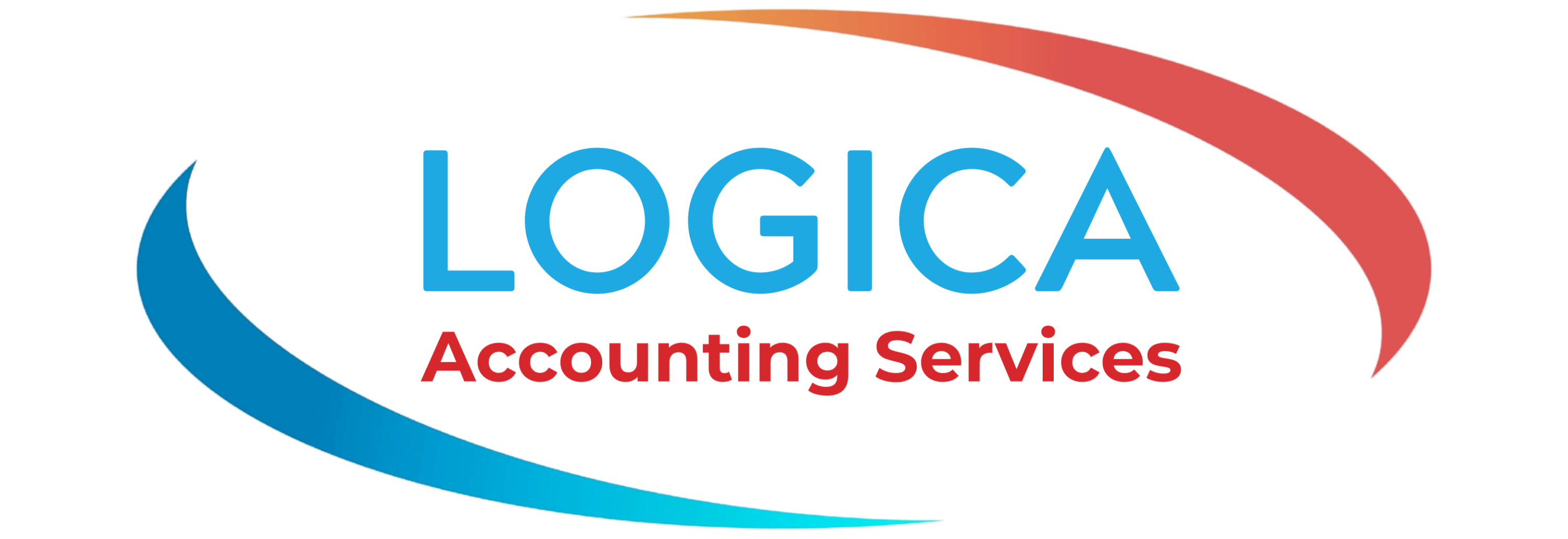Top 10 Essential Bookkeeping Tips Every Small Business Owner Should Know
- Logica

- Jul 1, 2025
- 3 min read
Managing finances is one of the most crucial aspects of running a small business. While many entrepreneurs are focused on growing their businesses and reaching their goals, bookkeeping often takes a backseat.
However, proper bookkeeping is essential for ensuring financial stability and making informed decisions.
Here are the top 10 bookkeeping tips that every small business owner should know to streamline their financial processes and ensure compliance.
1. Stay Organized
Keeping your financial records organized is fundamental to effective bookkeeping.
A disorganized approach can lead to lost documents and expensive errors.
Use digital tools or a dedicated filing system to categorize invoices, receipts, and bank statements.
2. Use Accounting Software
Investing in reliable accounting software can drastically improve your bookkeeping efficiency. Options like QuickBooks, FreshBooks, or Xero can simplify tracking expenses, invoicing clients, and generating financial reports.
Cloud-based solutions also offer the benefit of access from anywhere, making it easier to manage finances on the go.
3. Separate Business and Personal Finances
Maintaining distinct accounts for personal and business finances is crucial. This separation not only simplifies bookkeeping but also protects personal assets.
Open a dedicated business bank account and use it exclusively for business transactions to avoid any confusion during tax season.
4. Record Transactions Promptly
Delaying the recording of financial transactions can lead to inaccuracies and misplaced information.
Make it a habit to log transactions daily or weekly to maintain accuracy in your books. Regular updates will help keep your financial situation clear and manageable.
5. Reconcile Accounts Regularly
Regular bank reconciliations help identify discrepancies between your financial records and bank statements.
Set a recurring schedule (monthly or quarterly) to review your accounts.
This proactive approach helps catch errors early and ensures your financial data remains accurate.
6. Implement a Budget
Creating a budget is an essential part of financial planning for your small business.
A well-structured budget can guide spending decisions and help you allocate resources effectively.
Set financial goals, track your performance, and adjust your budget as necessary to ensure you stay on course.
7. Track All Expenses
Every expense counts, no matter how small. Keep careful records of all expenditures, including travel, supplies, and operational costs.
This thoroughness not only helps in budgeting but can also maximize your tax deductions, leading to potential savings.
8. Understand Tax Obligations
Being aware of your tax responsibilities is critical for any small business owner. Familiarize yourself with local, state, and federal tax requirements to ensure compliance. Consider consulting a tax professional to make informed decisions about deductions and credits available for small business owners.
9. Keep Accurate Records
Accuracy in bookkeeping cannot be overstated. Review your financial entries regularly for mistakes and ensure all receipts and invoices are backed up properly.
Implementing a good record-keeping system reduces the risks of discrepancies and prepares you well for audits.
10. Consider Professional Help
If bookkeeping becomes overwhelming, consider outsourcing your bookkeeping services to professionals.
An experienced accountant can provide insights that go beyond number-crunching, helping you make strategic financial decisions for your small business.

Conclusion
Effective bookkeeping is vital for the success of small businesses. By implementing these top 10 tips, small business owners can enhance their financial management and ensure their operations are running smoothly. Staying organized, utilizing technology, and understanding obligations are key practices that can lead to better decision-making and growth.
Remember, if bookkeeping feels overwhelming, do not hesitate to seek professional assistance.
A solid understanding of your financials can pave the way for greater success in your business journey.





Comments